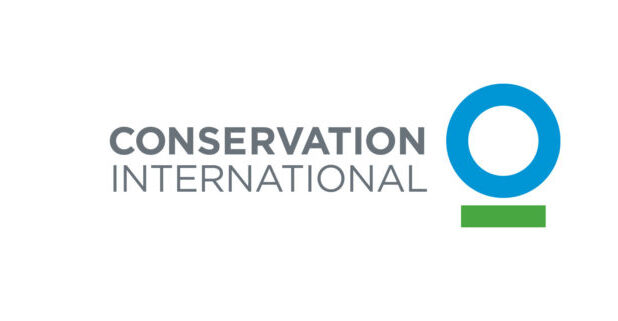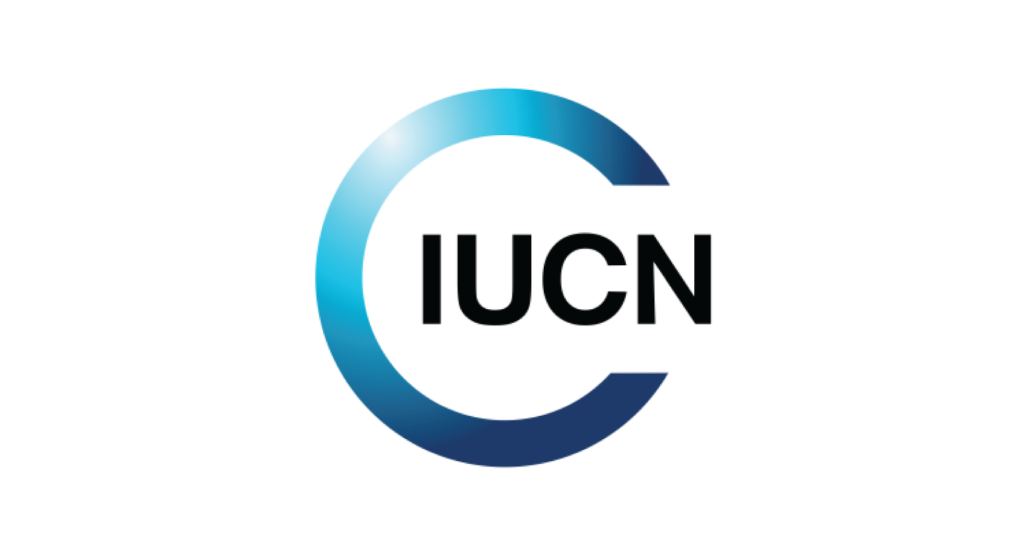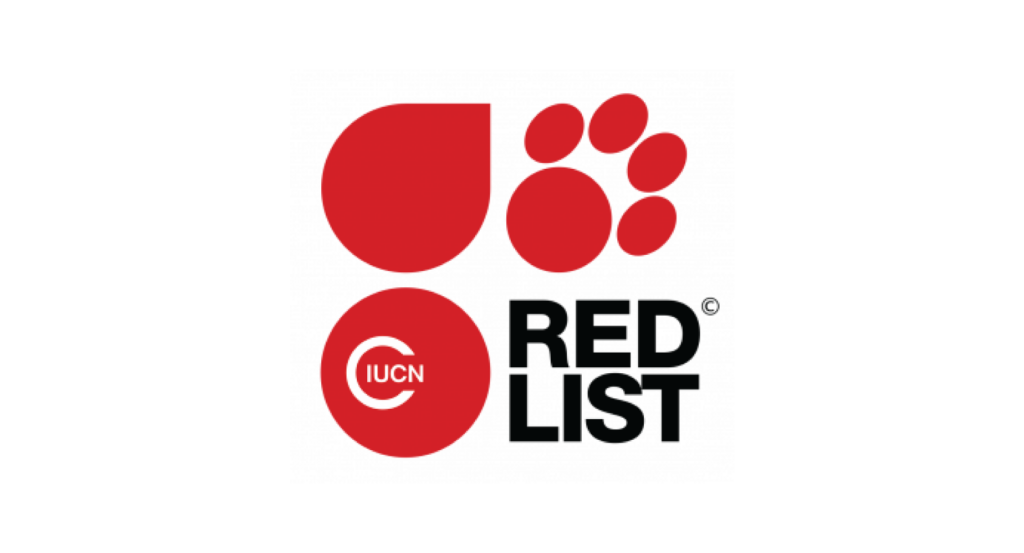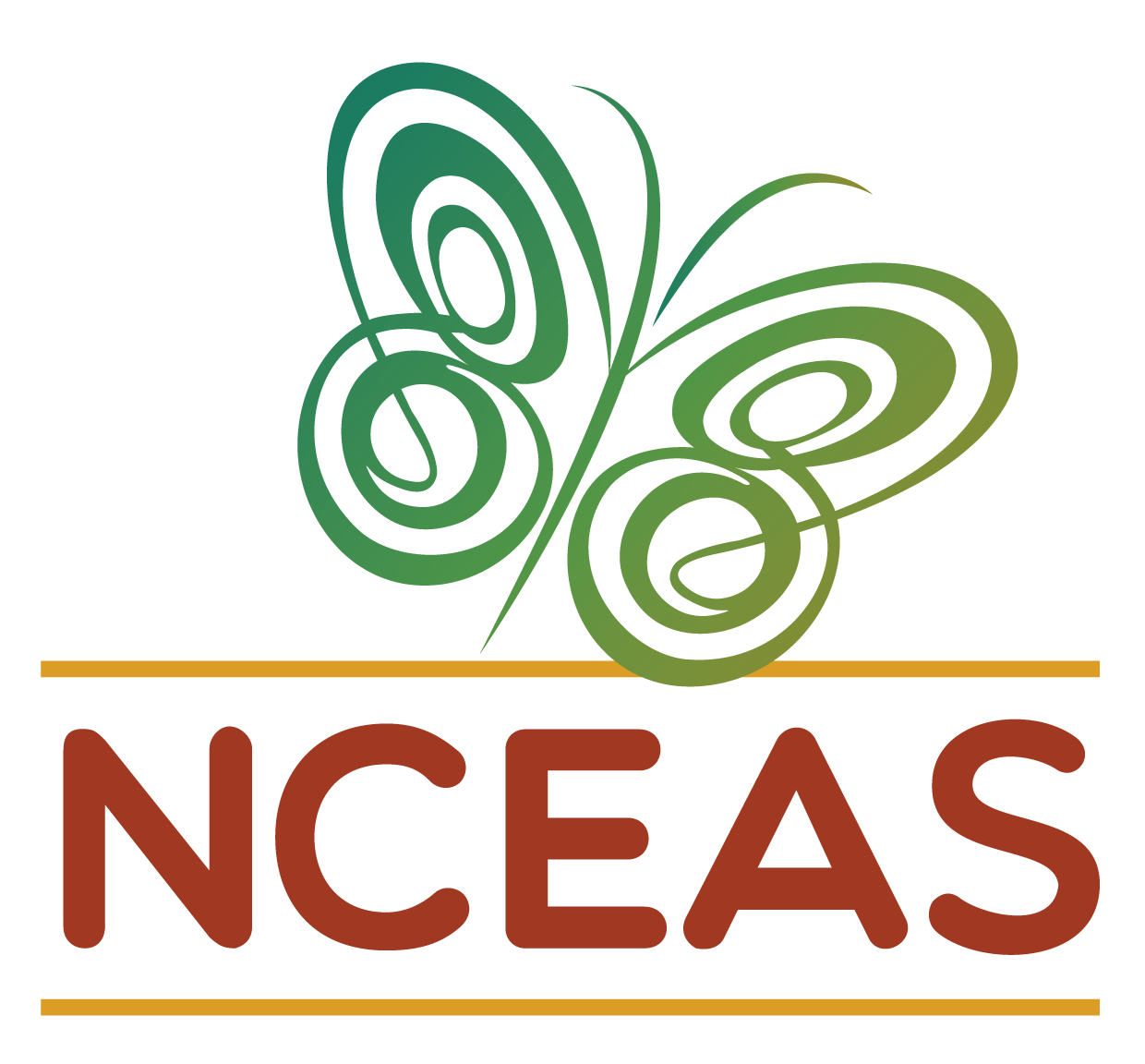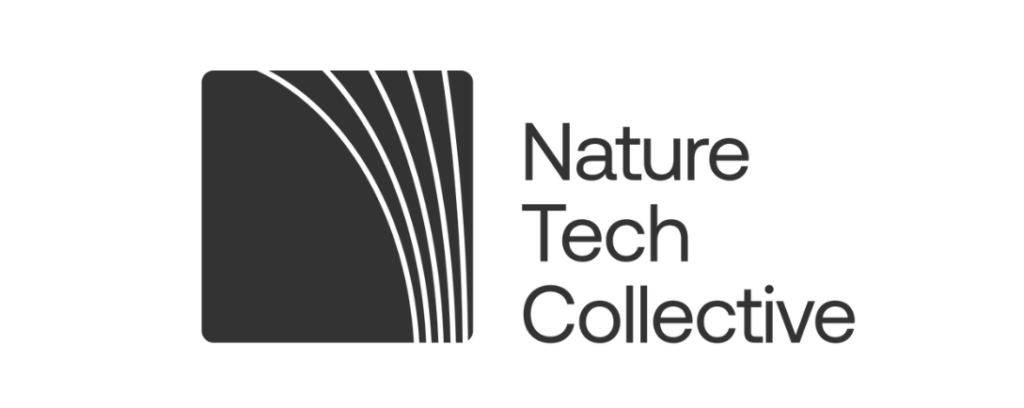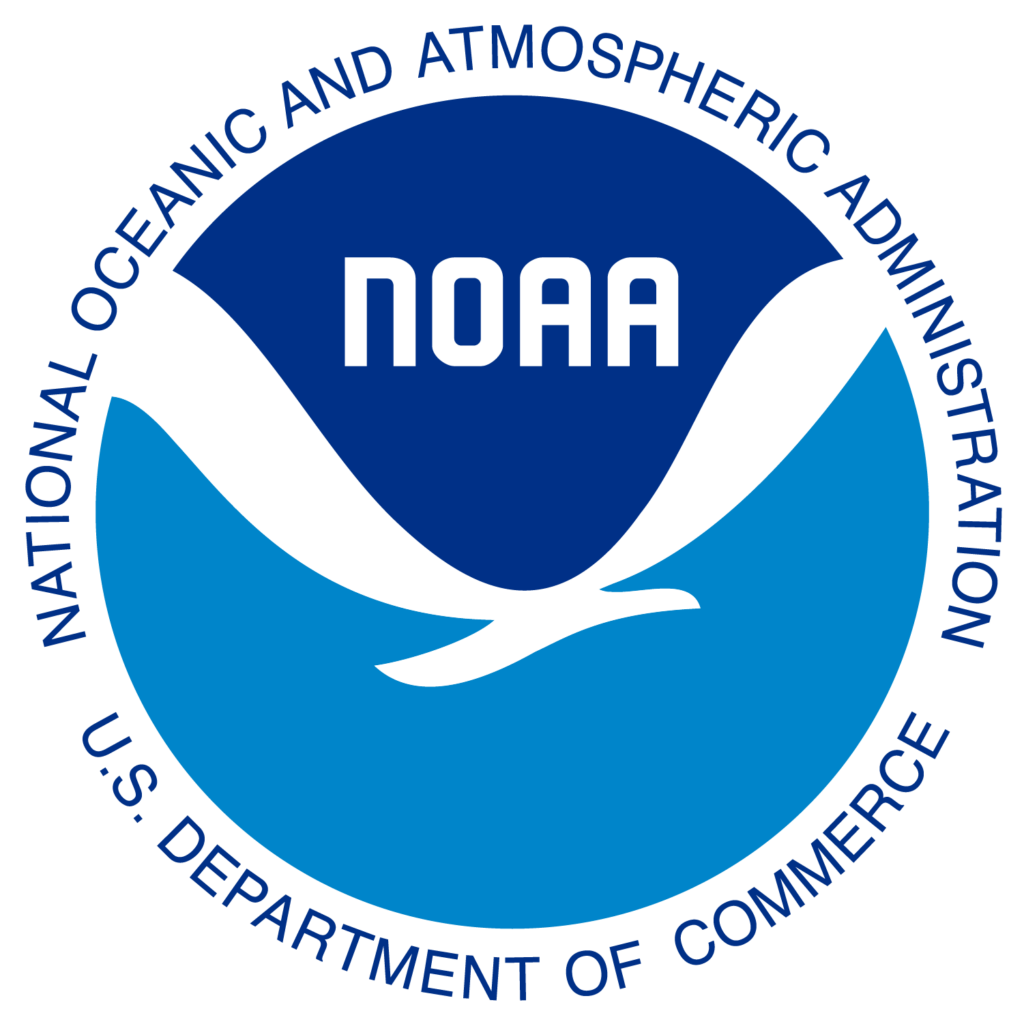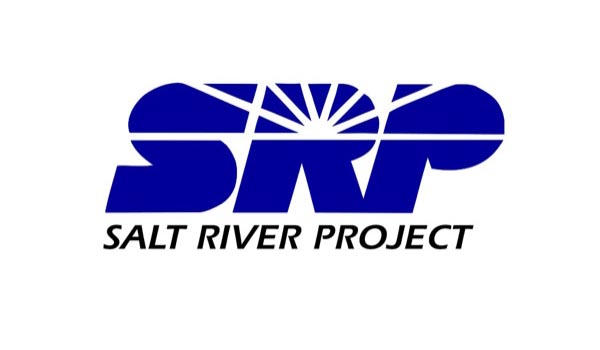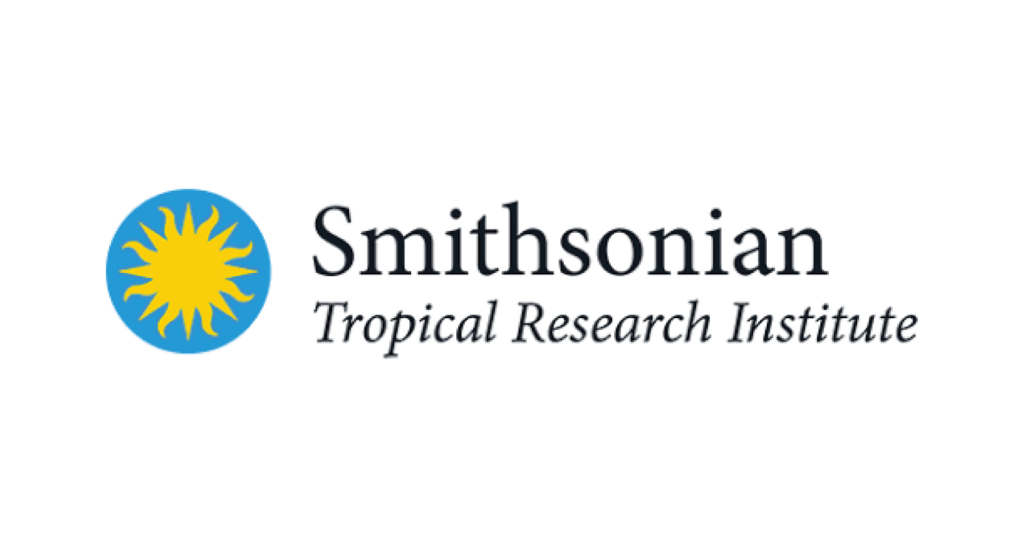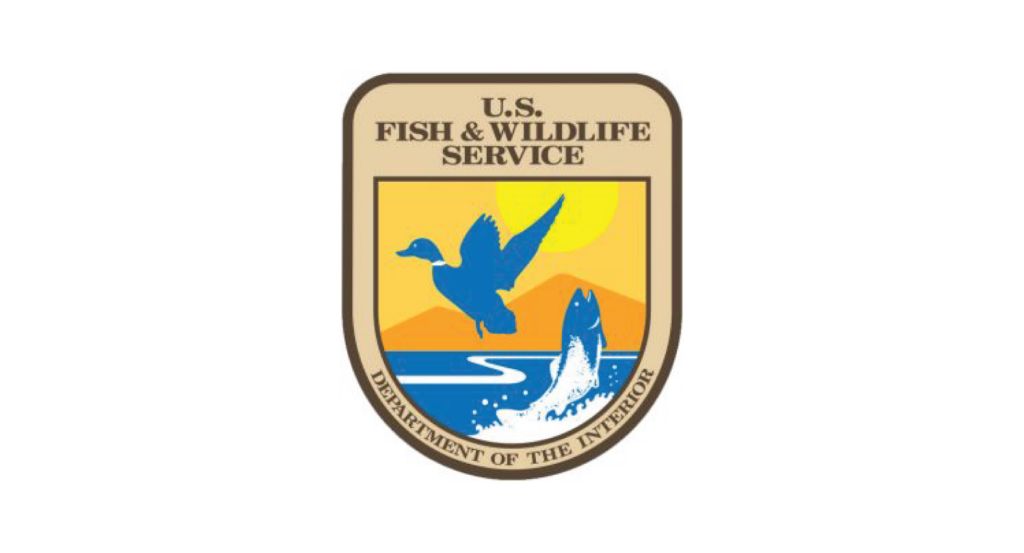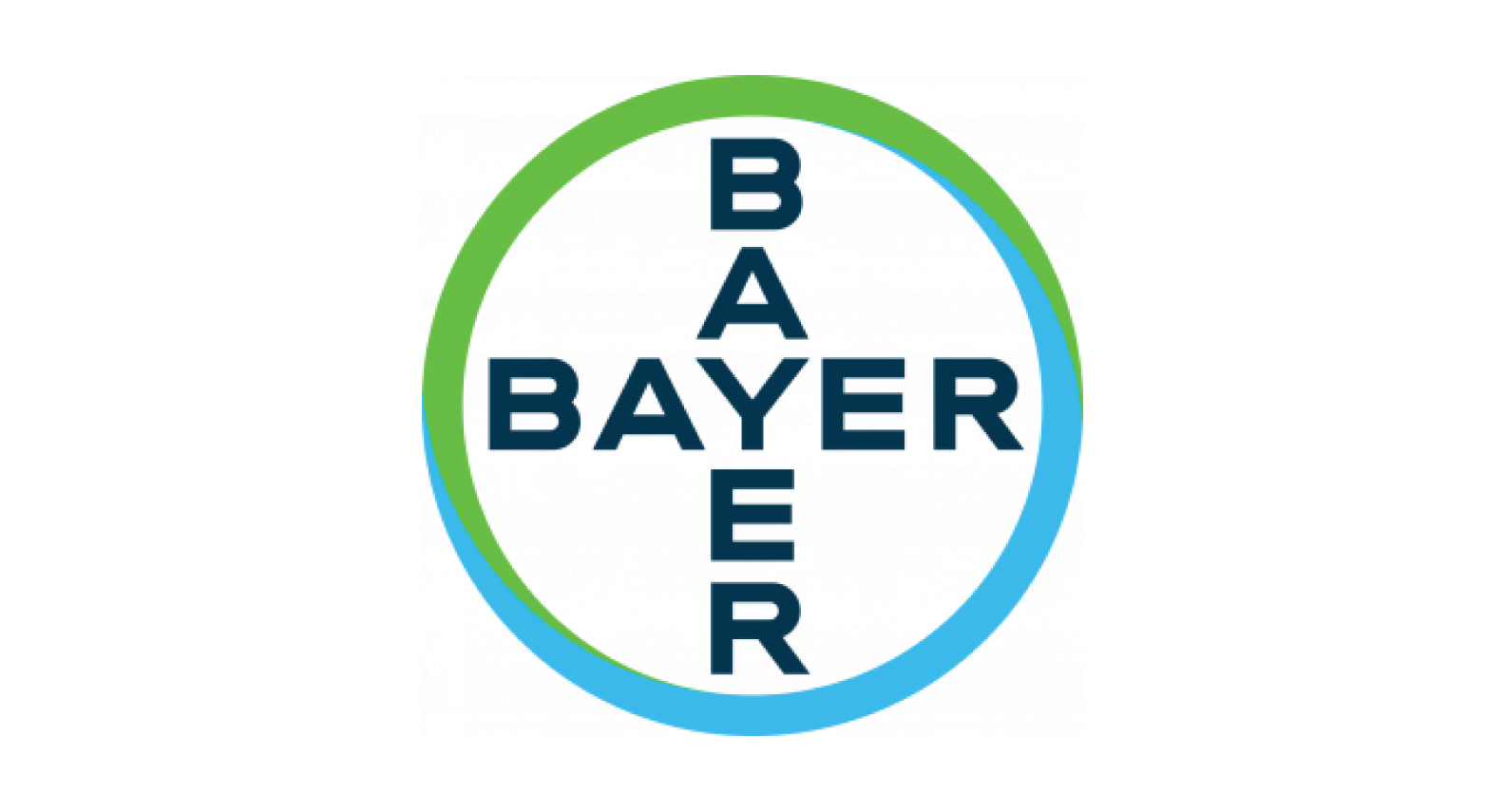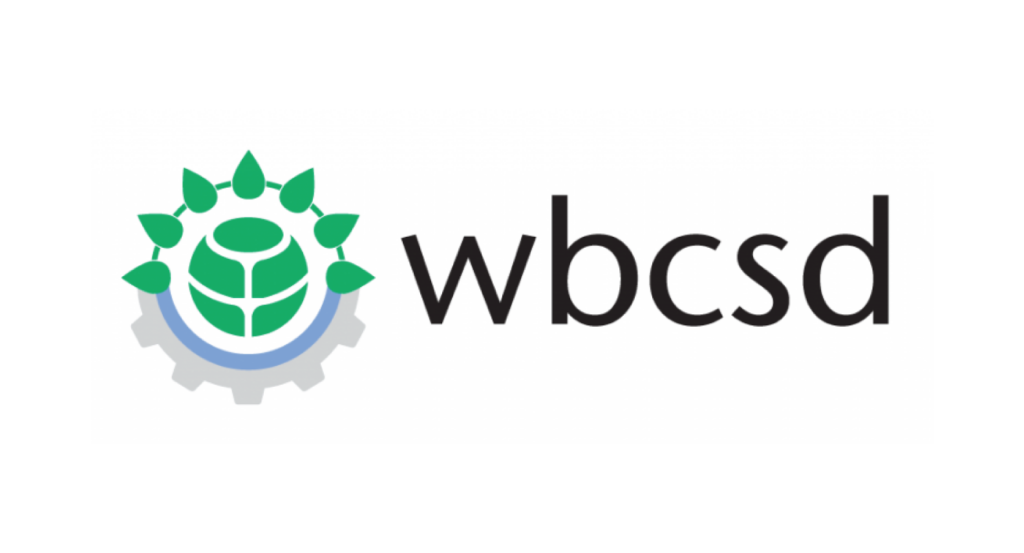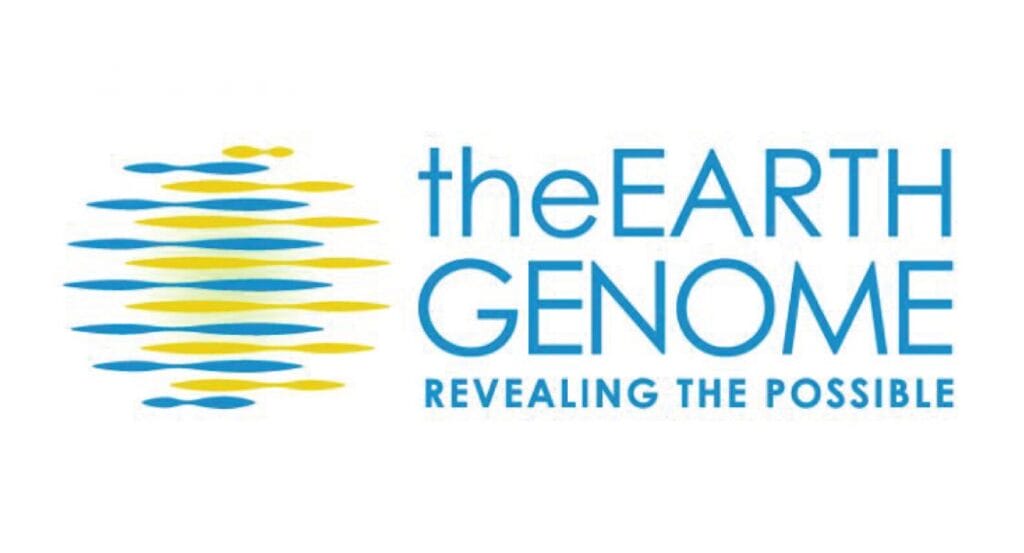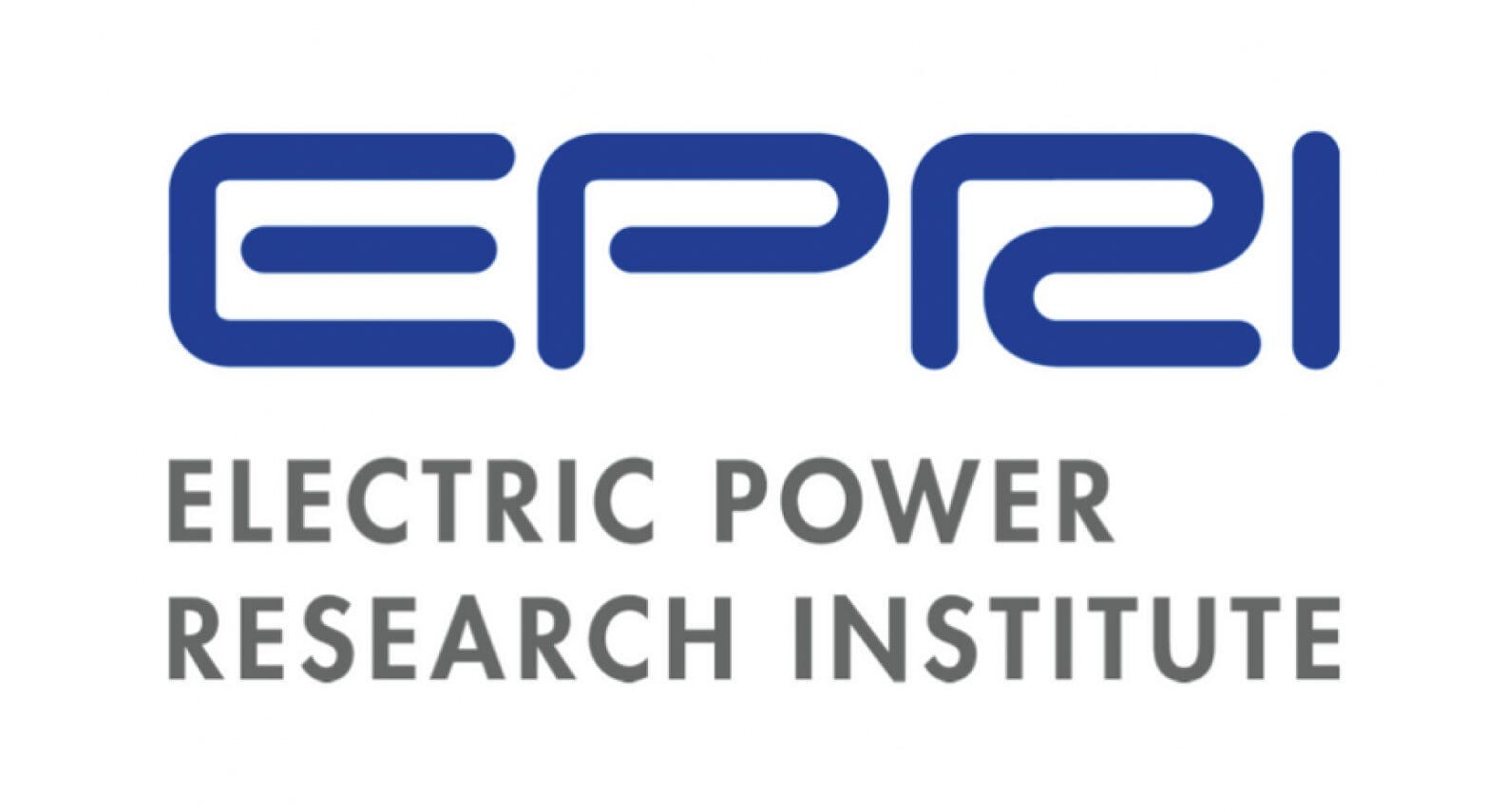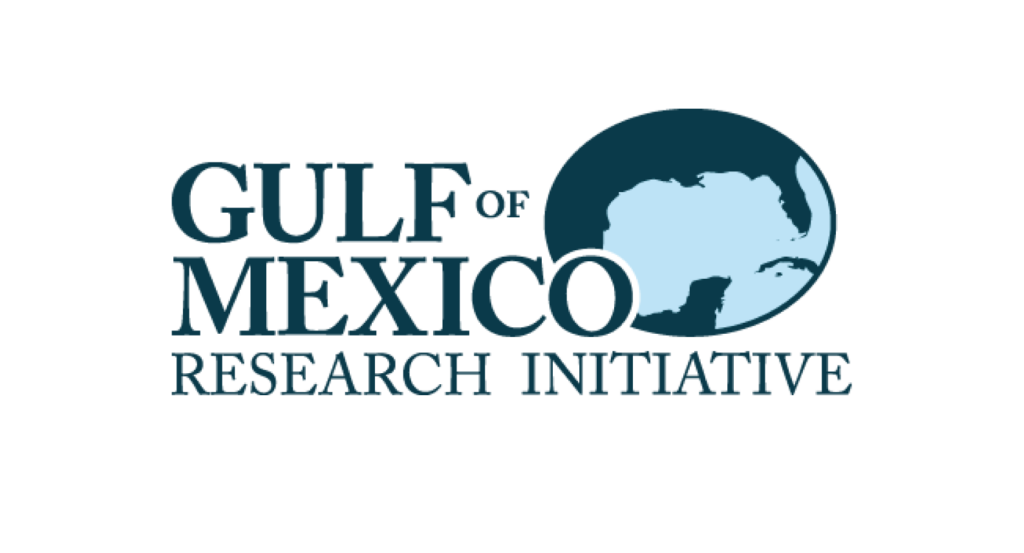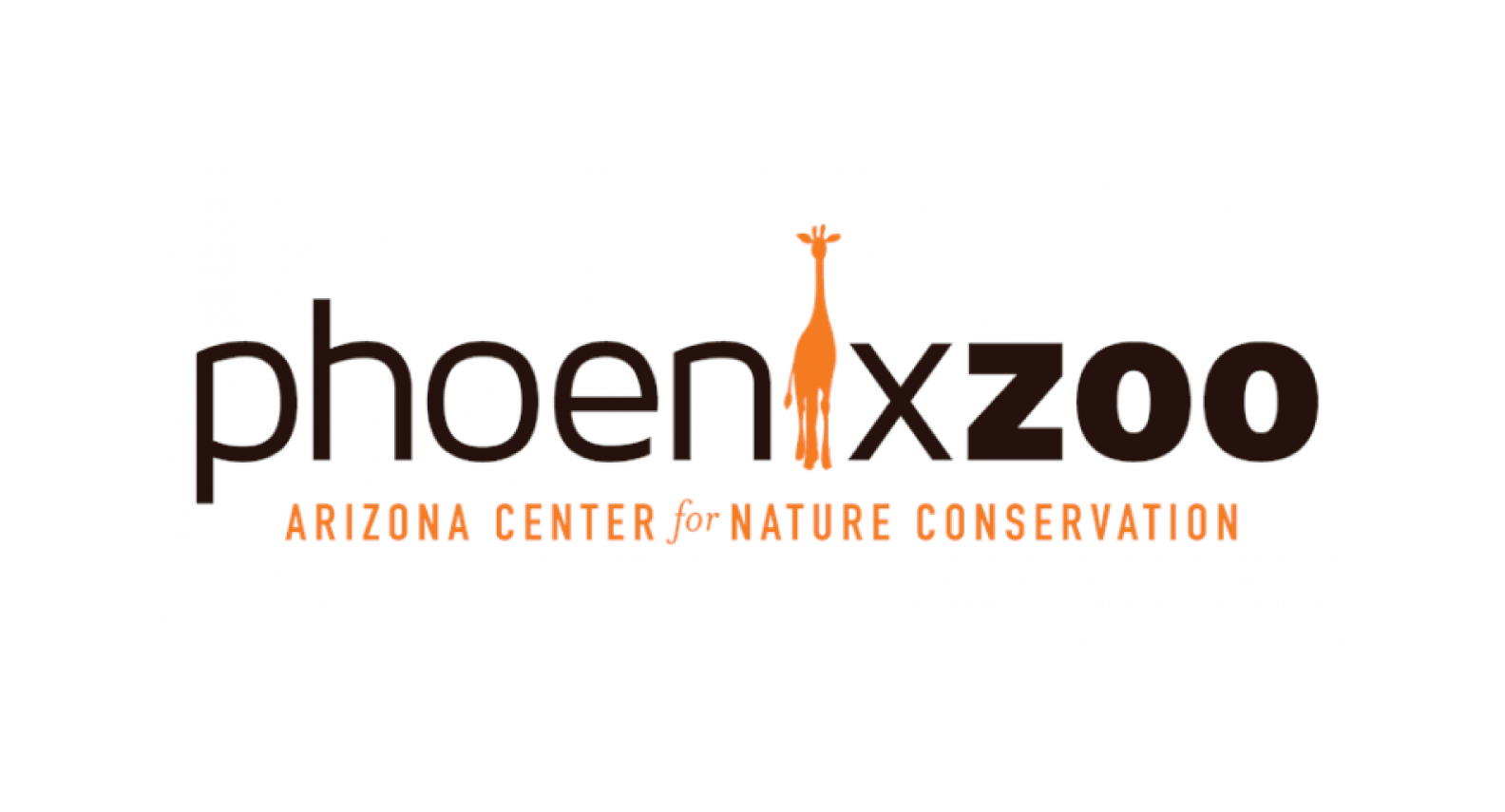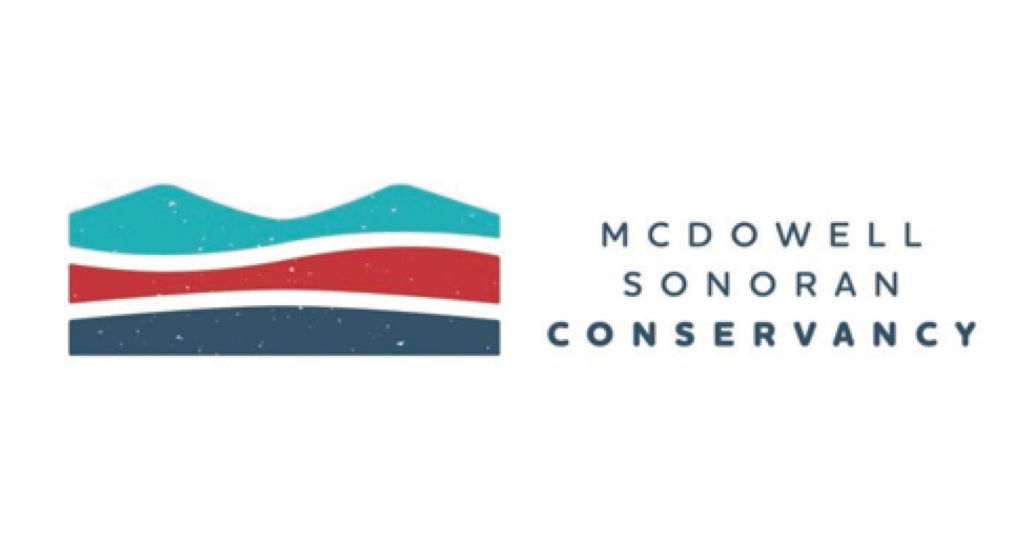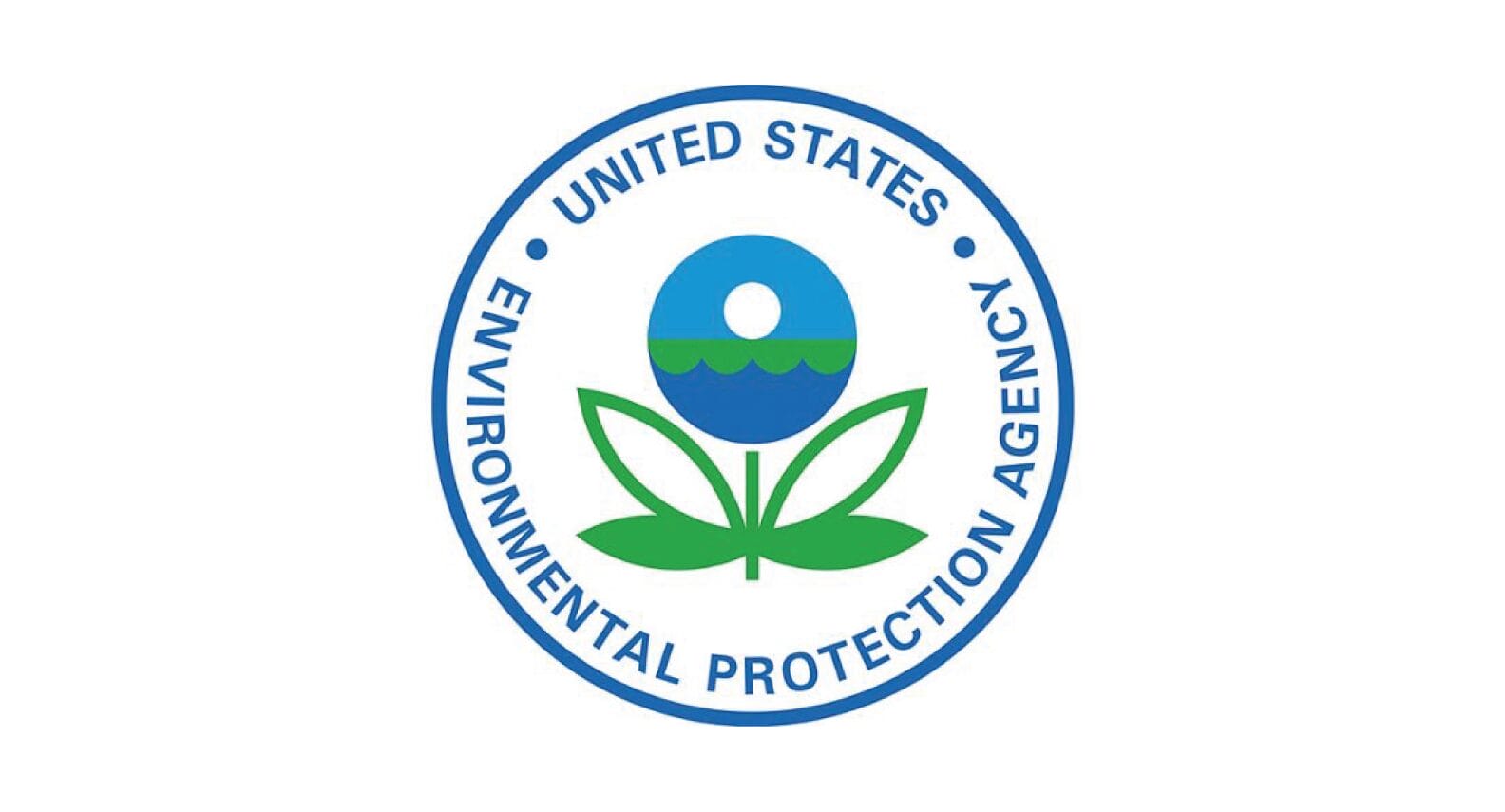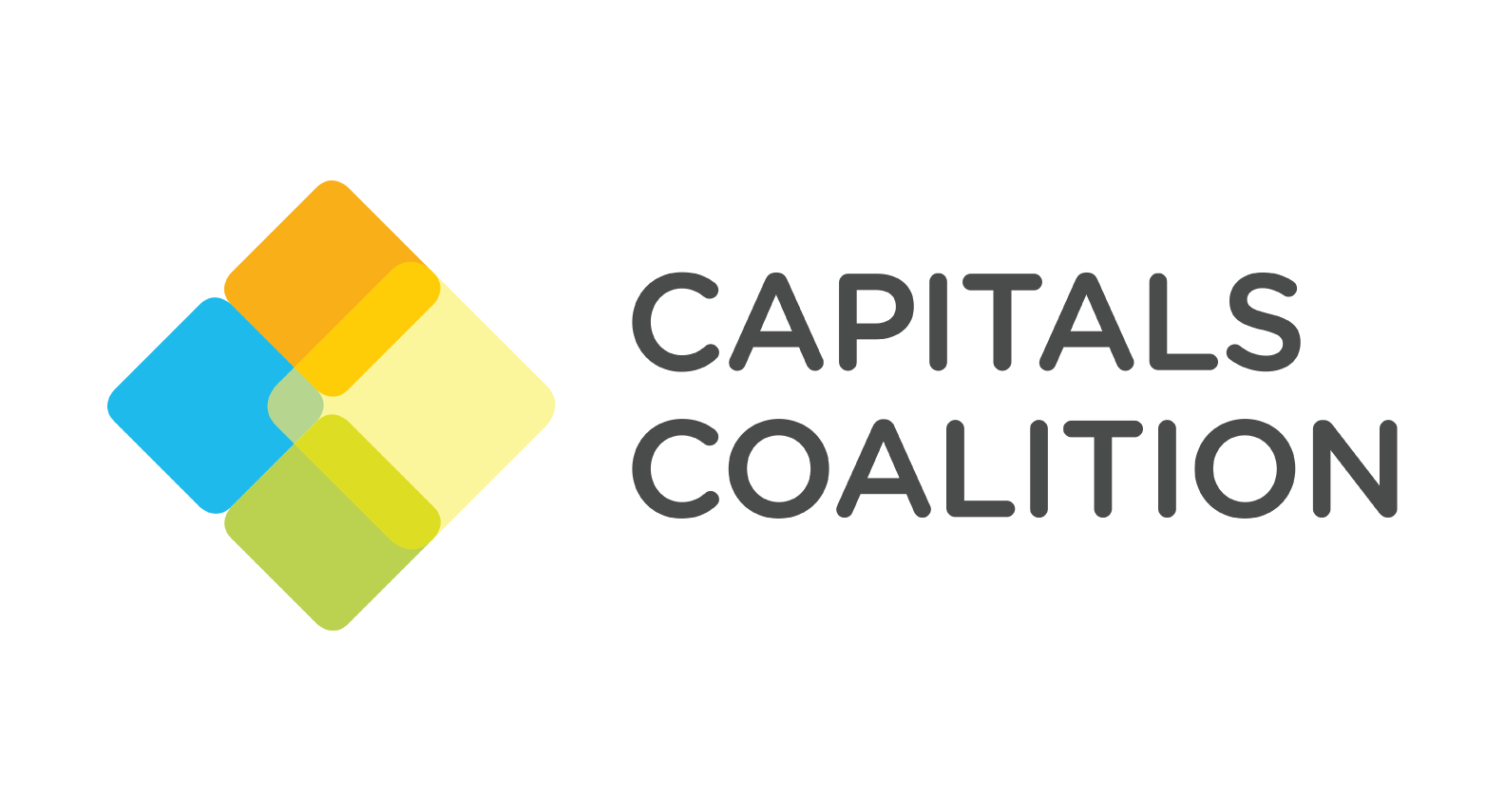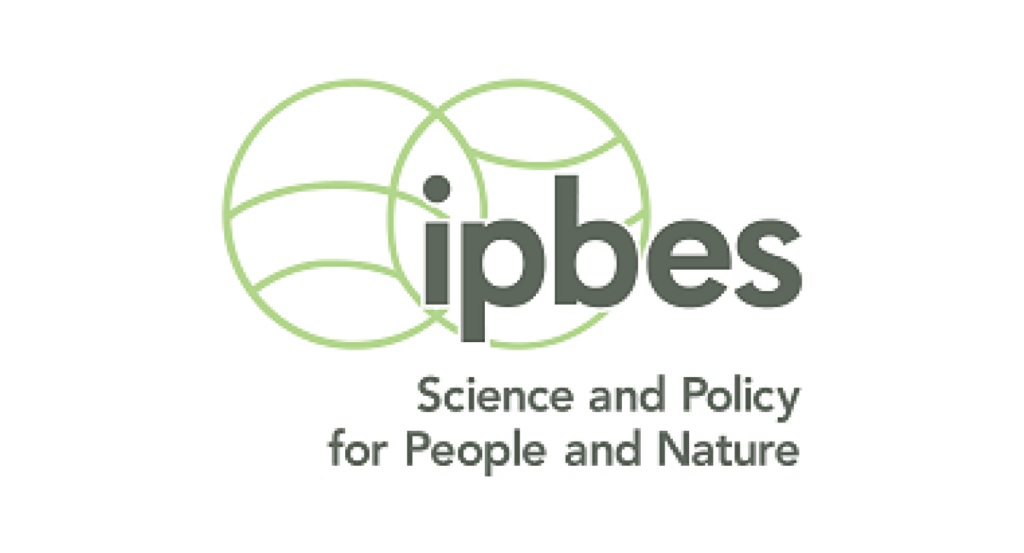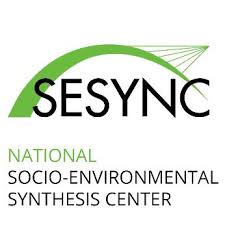Innovation in action
Meeting today’s biodiversity challenges requires innovative research, education, communication, and policy strategies capable of responding to a rapidly changing biophysical, institutional and cultural landscape. We cannot do this work alone. That is why the Center for Biodiversity Outcomes partners with many institutions around the world to design maximally effective interventions into the Earth’s biodiversity crisis that translate into actionable outcomes.
We specialize in studying and supporting the incorporation of biodiversity into decision-making processes. We do this by working with decision-makers to identify areas where necessary knowledge is missing, unavailable, or illegible to current decision-making structures and then working to link knowledge generation and effective action, while also studying this process.
Implicit in our approach is a recognition of the importance of biodiversity to society, and at the same time, its irreplaceability. We recognize that biodiversity conservation is inseparably linked to other goals such as sustainability and global development. We recognize the validity of many ways of knowing about the natural world and the value of listening to and learning from others. Our work is fundamentally collaborative, both within and outside of the academy.
